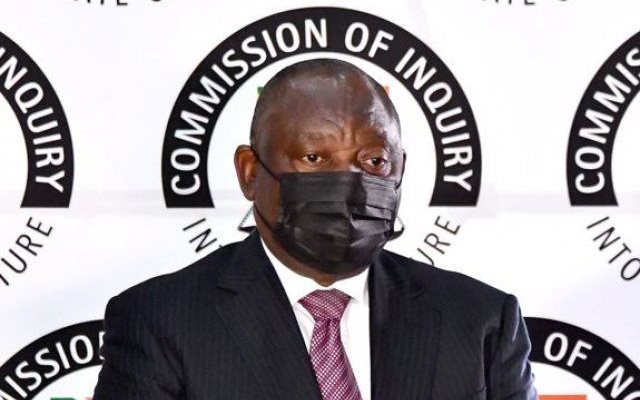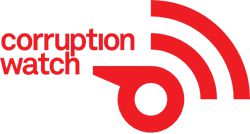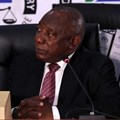Ramaphosa testifies on dysfunctional SSA

He appeared on his second and final day in his capacity as leader of the state. Ramaphosa faced tough questions from evidence leader Advocate Paul Pretorius on the systemic destabilisation of the country’s intelligence structures from as far back as 2007. He admitted that the State Security Agency (SSA) had seen a shift in culture and mandate over the years, to serve the interests of a certain faction of the ruling party, effectively robbing South Africans of a functioning intelligence entity.
Pretorius referred to internal investigations into the improper uses of SSA resources by the principal agent network – or PAN as it is commonly referred to – which are reported to have exposed rampant looting of the SSA by alleged rogue elements aligned with one faction of the ANC. Members of the network are believed to have belonged to what was effectively a parallel structure to what is the legitimate norm in intelligence.
In order to save the SSA, which the president said has many people dedicated to serving the nation, the decision had to be made to move it.
“In the past it tended to serve certain factional interests, be it in the governing party or otherwise,” said Ramaphosa, reflecting on the findings of the high level review panel that he instituted in 2018.
“It is an agency that has been docked in a lot of controversy and trouble and we need to realign its work properly with our objectives of a developmental state.”
But what of the recent developments in the work of the agency? Pretorius asked, referring to reports of alleged interference in the very same internal investigation aimed at cleansing the SSA.
These included the removal of two key investigators, both of whom have provided evidence before the commission, and relocating the investigation to the office of SSA director of domestic intelligence, Sam Moufhe. Another development was the removal of former acting director-general Loyiso Jafta, whose testimony before the commission was publicly contested in the proceedings by the former state security minister Ayanda Dlodlo.
Ramaphosa said the PAN investigation was in no way compromised, if anything the presidency is determined to get to the bottom of what went on at the SSA, and to fix what went wrong. On Jafta’s removal, he said the DG had been in the acting capacity, with his acting contract renewed on so many occasions that a decision had to be made on whether he was to take on the position on a permanent basis or another person be considered.
"There was a lapse and we now need to investigate that and find out how it happened and how it manifested itself and from a certain beginning right up until what happened in July," he said, referring to the recent unrest and looting sprees that happened in some parts of the country.
The president also defended the move of the agency to the presidency. “Many people have misunderstood it, they have even gone to the extent of saying the president is creating a super presidency, and other have gone on to say this is now the emergence of a dictatorship,” Ramaphosa said.
“Others are saying we are now becoming a totalitarian state — far from it. Some have even said that the president is amassing all in his hand and is going to use state security against his enemies. I am not wired in that way, I am not geared in that way.”
This article was originally published on Corruption Watch.
Source: Corruption Watch

Corruption Watch (CW) is a non-profit organisation launched in January 2012, and operates as an independent civil society organisation with no political or business alignment. CW is an accredited Transparency International chapter that fights against the abuse of public funds, relying on the public to report corruption. These reports are an important source of information to fight corruption and hold leaders accountable for their actions.
Go to: www.corruptionwatch.org.za

























